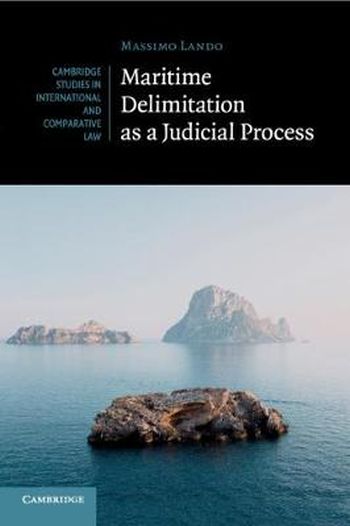We are now closed for the Christmas and New Year period, returning on Monday 5th January 2026. Orders placed during this time will be processed upon our return on 5th January.

Maritime Delimitation as a Judicial Process is the first comprehensive analysis of judicial decisions, state practice and academic opinions on maritime boundary delimitation. For ease of reading and clarity, it follows this three-stage approach in its structure. Massimo Lando analyses the interaction between international tribunals and states in the development of the delimitation process, in order to explain rationally how a judicially-created approach to delimit maritime boundaries has been accepted by states.
Pursuing a practical approach, this book identifies disputed points in maritime delimitation and proposes solutions which could be applied in future judicial disputes. In addition, the book engages with the underlying theories of maritime delimitation, including the relationship between delimitation and delineation, the effect of third states' rights on delimitation, and the manner in which each stage of the process influences the other stages.